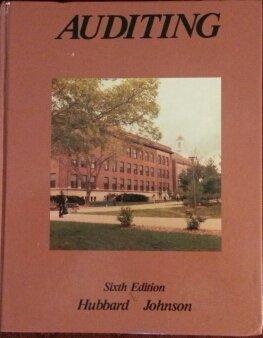Question
Hansen, Kotter, and Zales is a law firm that contains one service department (Research & Document) and two production departments (Litigation and Consulting). The firm
Hansen, Kotter, and Zales is a law firm that contains one service department (Research & Document) and two production departments (Litigation and Consulting). The firm employs a job-order costing system to accumulate costs chargeable to each client. The firm uses actual costing to assign overhead. General overhead costs can be allocated based on either direct attorney hours or the number of employees, depending on managers choice. At the end of the year, the records revealed the actual general overhead costs are $720,000. At the end of the year, the records revealed the following costs and operating data for all cases handled during the year:
| Research & Document | Litigation | Consulting | |||||
| # of Employees | 10 | 8 | 6 | ||||
| Direct Attorney Hours(# of hrs) | 3,000 | 8,000 | 5,000 | ||||
| Direct Attorney Costs ($) | $150,000 | $400,000 | $250,000 | ||||
| Direct Material Costs ($) | $16,000 | $15,500 | $13,500 | ||||
*** 50% of Research & Department's service is provided to litigation department and the other 50% to consulting department.
d. (2 points) Suppose the firms annual revenue is 2 million dollars. The corporate tax rate is 35%. How much taxes shall the company pay? Does the choice of cost driver affect the total taxes due?
Part II Tax Strategy (Bonus points: 3 points)
Now the company spins off its R&D department and sets up a subsidiary in Bahamas. The subsidiary will conduct the research and document work and the parent will pay a property fees to acquire the service. The R&D department in Bahamas will use the same overhead allocation rate as in the parent company. The property fees paid will be recognized as part of costs of service of the parent company. The corporate tax rate in Bahamas is 5%.
e. (2 points) Assume the corporate revenue is still 2 million dollars. Assume that general overhead is assigned by direct attorney hours. Compare the tax implications when the property fee is equal to 120% and 150% of the costs of R&D service, respectively.
f. (1 point) Compared to the total taxes you calculated for part d, why do we have different tax liabilities in this case?
Step by Step Solution
There are 3 Steps involved in it
Step: 1

Get Instant Access to Expert-Tailored Solutions
See step-by-step solutions with expert insights and AI powered tools for academic success
Step: 2

Step: 3

Ace Your Homework with AI
Get the answers you need in no time with our AI-driven, step-by-step assistance
Get Started


